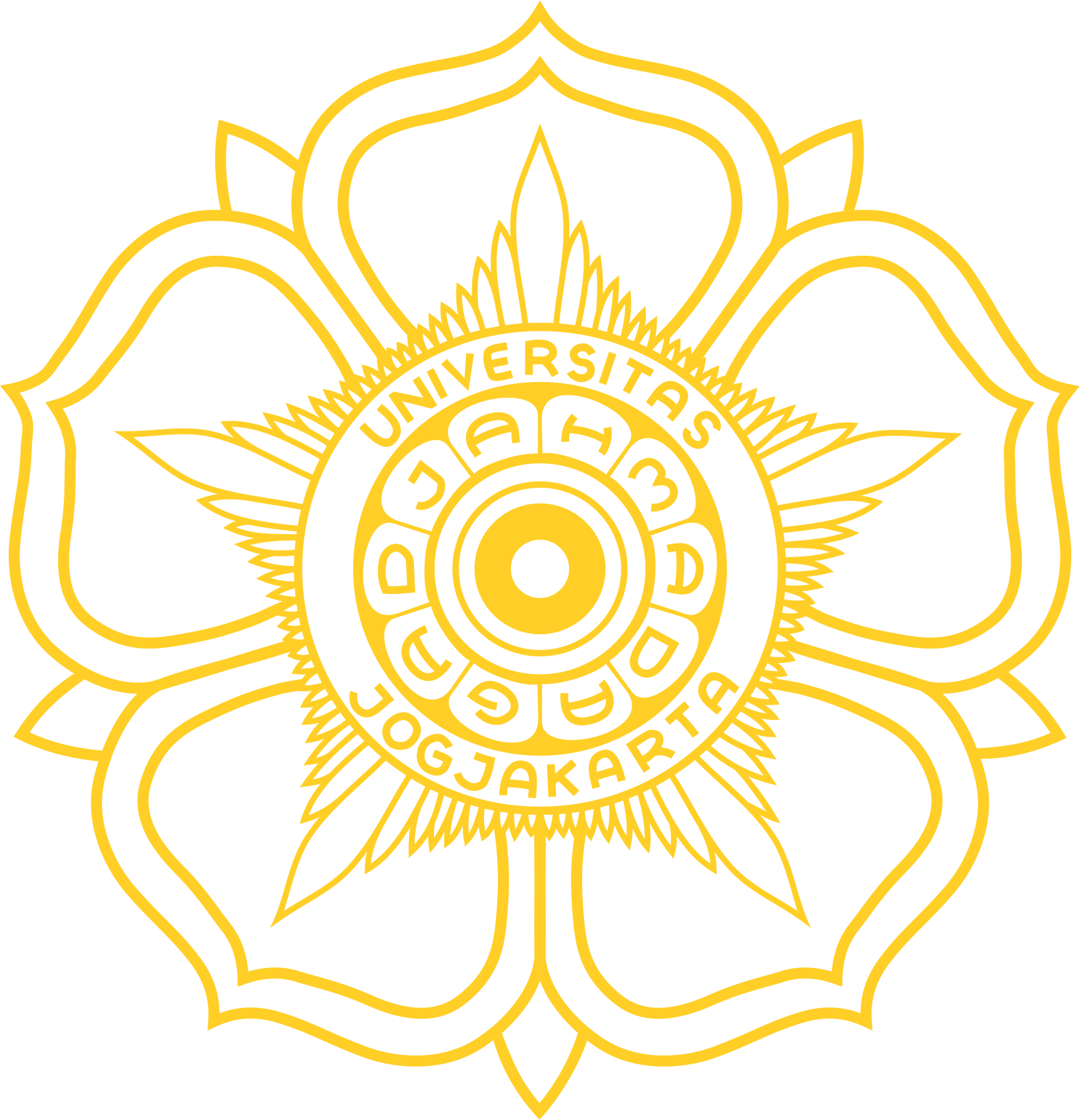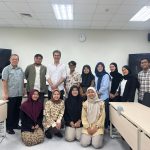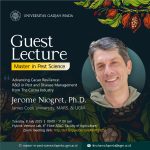1. Vision
The vision of Master in Pest Science program UGM is to become a postgraduate study program capable of developing and advancing science and technology, specifically in the field of Plant Pests, through a human resource development program, thereby supporting the development of productive, quality, energy efficient and environmentally friendly agriculture. Smartbioecoproduction).
2. Mission
- Educating students to become graduates who are superior, have character in the field of Plant Protection and are reliable, and able to compete at the international level both in the implementation of work and to continue to the Doctoral level.
- Conduct research on plant pests based on integrated pest management.
- Organizing community service activities through integrated education and research in the field of plant protection for the welfare of society.
3. Purpose
The Master in Pest Science program UGM aims to:
- Graduates are able to identify, analyze, and solve pest problems in the field by utilizing science and technology and basing it on the safety and sustainability of agricultural ecosystems.
- Graduates have sufficient basic knowledge in the field of Pest Science, thinking ability, and rationale so that they are able to continue to the next level of education (S3) or occupy strategic positions in the field of plant protection.
- The study program environment is dynamic and conducive for all academics to continue to develop themselves, keep up with the latest science and technology developments, and contribute to solving national problems.
- Continuous implementation of the Tridharma (education, research, and community service) and a close relationship between theory/concepts-problems-finding solutions involving undergraduate students so that students are always challenged to continue to develop their abilities, one of which is through higher level education.
4. Goals and Strategy
a. Goals
- Increasing quality, diverse, and selective students.
- The creation of an integrated and synergistic learning system between campus activities and outside (field) that is able to respond to local, national and global challenges and encourages analytical and progressive thinking.
- Availability of adequate resources in an effort to improve the quality of tridharma.
- Achievement of institutional effectiveness, management, and academic regulations.
b. Strategy
- Increasing the input of qualified students with varied backgrounds in the undergraduate program in the agriculture/biology family, and a stimulating teaching and learning process in the context of self-development.
- Apply OBE learning methods related to up-to-date problem solving according to the needs of graduate users, and develop a learning curriculum that is dynamic and adaptive to developments in science and technology.
- Increasing quality human resources and adequate infrastructure to conduct education-research-community service.
- Interactive and mutually reinforcing professional collaboration between undergraduate students-postgraduate-lecturers-educational staff.



